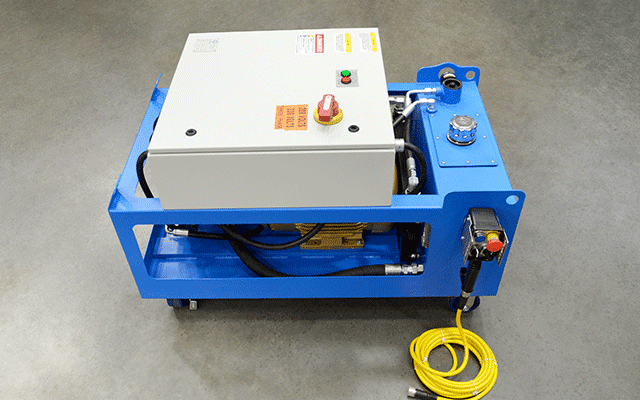Fed Signals Bond-Buying Taper Coming Soon
The U.S. Federal Reserve held desire costs at around zero but signaled it is ready to begin winding down its crisis economic stimulus application.
The central bank’s month-to-month buys of authorities-backed securities have served to support the economy considering that the depths of the COVID-19 disaster. But immediately after a two-working day policy meeting, its level-placing committee indicated Wednesday it could begin to lessen, or taper, the buys as before long as November.
The economy has “made progress” towards the objectives of greatest work and price tag stability that the Fed established in December 2020, the committee explained in a information launch. “If development carries on broadly as anticipated, the committee judges that a moderation in the rate of asset buys may before long be warranted.”
The Fed has been getting at the very least $eighty billion a month in Treasuries and $forty billion a month in mortgage bonds considering that June 2020. The buys “still have a use, but it’s time for us to commence to taper them,” Fed Chair Jerome Powell told reporters.
As The New York Periods reviews, “the Fed is trying to guidebook an economy in which small business has rebounded as consumers spend strongly, served together by repeated authorities stimulus checks and other advantages.”
With inflation significant and the labor market still considerably from whole energy, Fed officials “are weighing when and how to lessen their financial policy support, hoping to avoid economic or money market overheating whilst trying to keep the recovery on monitor,” the Periods explained.
The policy-earning committee explained it had decided to preserve desire costs at around zero until eventually inflation is “on monitor to moderately exceed 2 percent for some time.” The Fed’s desired inflation gauge rose three.6% in July from a 12 months earlier.
At the committee meeting, nine Fed policymakers penciled in one or far more level improves up coming 12 months, up from seven when projections were last released in June.
“You observed a incredibly steady watch across the committee that, ‘We truly need to have to deal with inflation risk, and for that reason we may need to have to hike faster than anticipated,’” explained Tiffany Wilding, an economist at Pacific Expenditure Administration.







